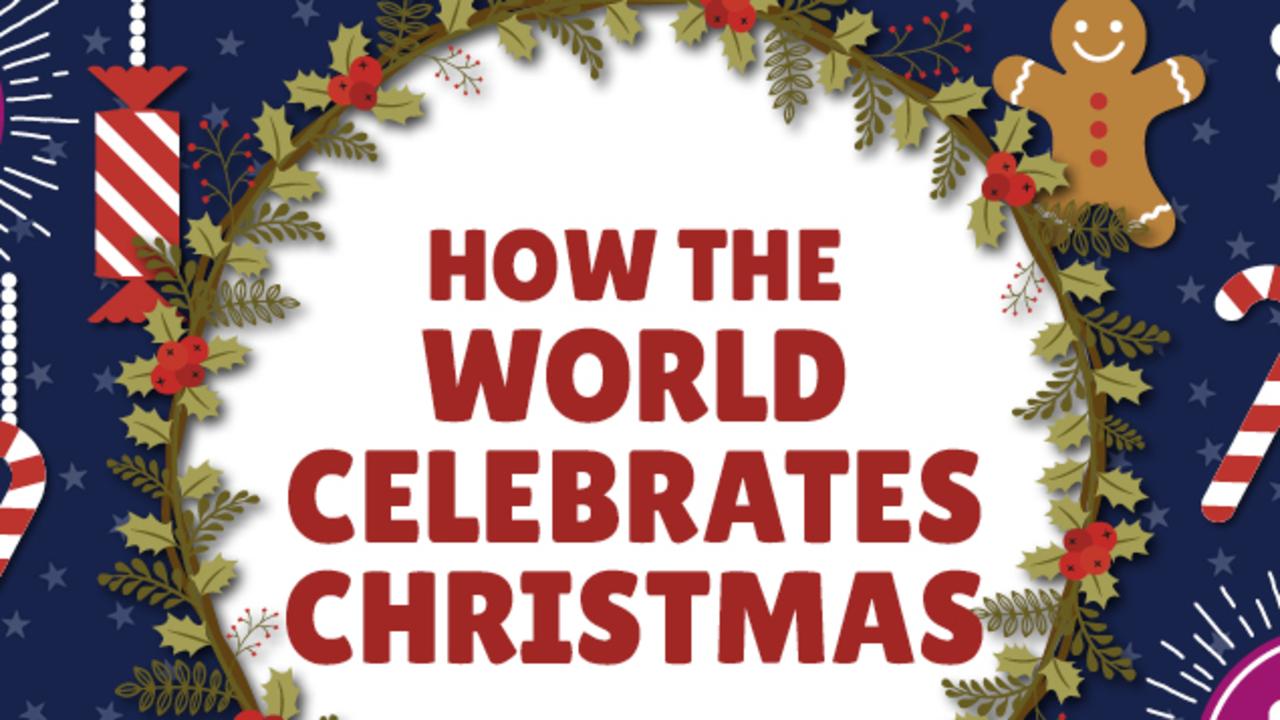How the World Celebrates Christmas: how to have a sustainable festive season
PART 6: This time of year shouldn't be about buying things we don’t need and sending rubbish and unwanted gifts to landfill. Here are 10 tips on how to have a sustainable Christmas
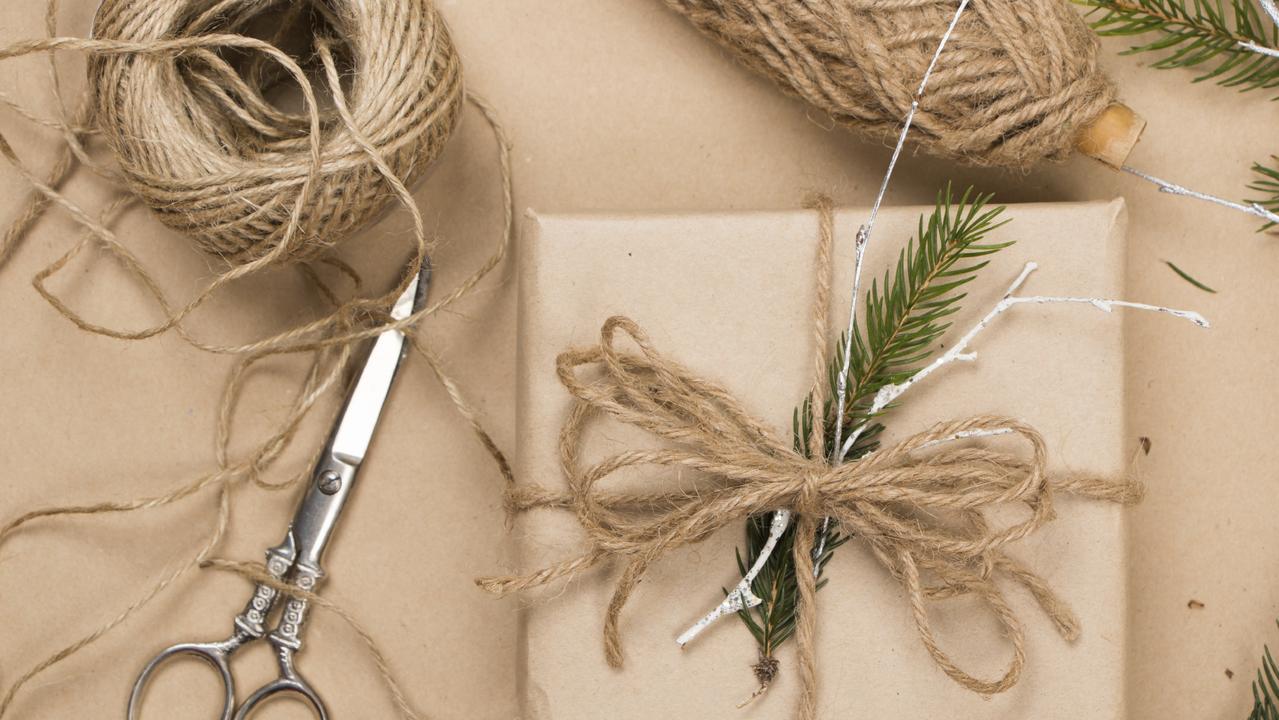
READING LEVEL: GREEN
Christmas may be about giving, but that doesn’t mean mindlessly buying, using and then sending heaps of rubbish to landfill*.
There are so many easy ways to clean up your Christmas this year: from avoiding single-use plastics and not buying new things just for the sake of it, to considering how you can give to those most in need.
Here are 10 ideas to help make your Christmas greener, cleaner and a time of joy for everyone. We’re sure you can think of many more.
CLEAN UP YOUR CHRISTMAS
1. Wrap smarter
Use paper tape, ribbon or string instead of sticky tape, which is a single-use plastic.
Reuse ribbon and wrapping paper. As you receive ribbon through the year, unpick the knots, roll it up and store it in a small box. Most satin-look ribbon is synthetic*, which is a type of plastic.
Avoid buying new wrapping paper. Instead, reuse Christmas paper or make your own with pretty paper such as magazine pages. Old scarves and spare pieces of fabric from op shops are beautiful to wrap with.
If you do buy new wrapping paper, avoid rolls wrapped in plastic.
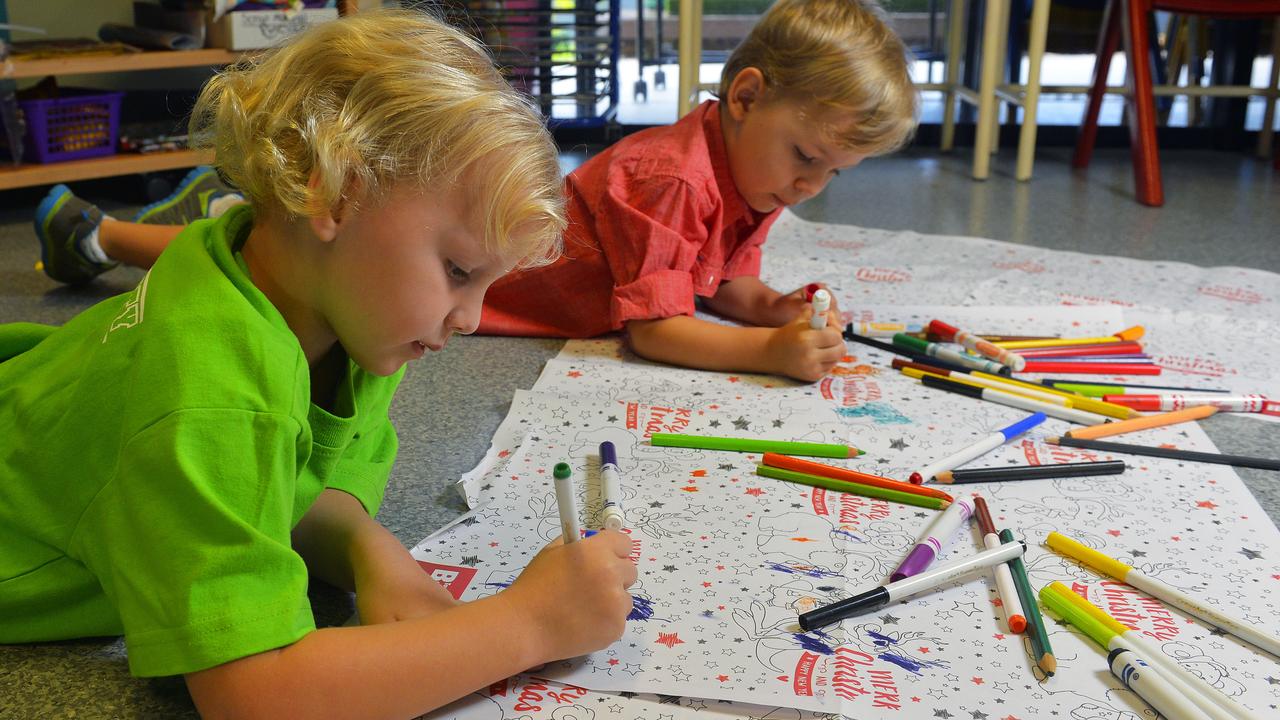
2. Make cards and gifts yourself
Homemade cards are always more appreciated than something you’ve bought in a shop. They’re works of art!
Homemade gifts show you care because you’ve spent time rather than just money. Edible* treats are great: jams, slices, cakes, biscuits and kits of ingredients parcelled up with the recipe always go down well.
3. Give plants
Packets of seeds, potted flowers, herbs, vegetable plants, indoor plants and even trees make great gifts. Just make sure the person has somewhere to plant it out if it will one day need a big space.
4. Buy gifts at charity shops
Support your local charity or op shop, which has an incredible range of both new and pre-loved items and the money goes to a good cause.
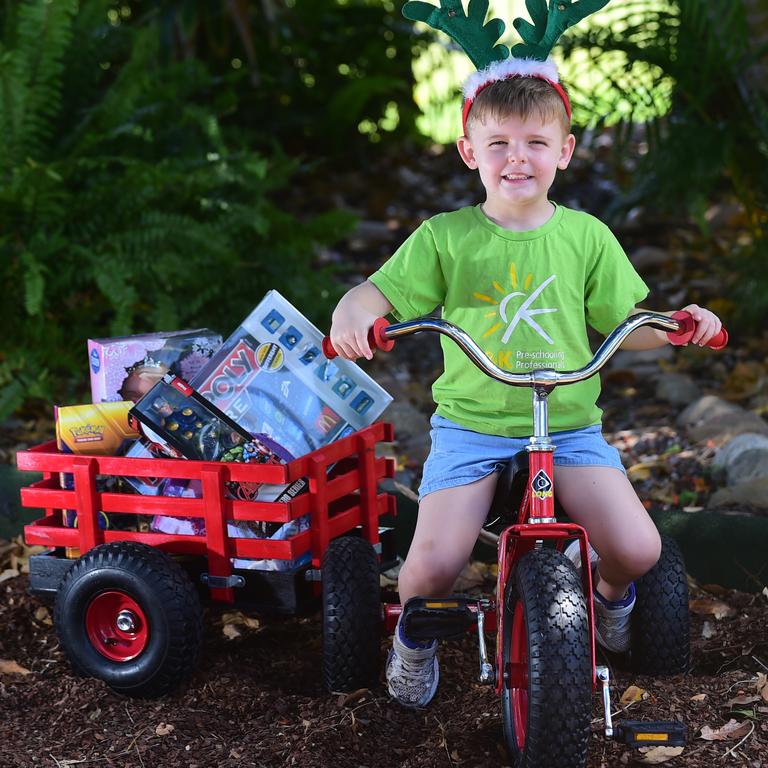
5. Donate to a charity
Instead of buying a thing as a present, donate money to either your favourite charity, or the favourite charity of the person you’re giving to. If it’s a charity the recipient* is unfamiliar with, make sure you tell them about what it is and the important work it does.
Some charities ask for donations of specific items before Christmas, such as new toys or food.
6. Avoid food packaged in plastic
When you have a choice, choose the food with the least packaging. Usually, the fresher and more local the food, the less plastic it’s wrapped in. Consider a trip to a food market, where fewer foods are wrapped in plastic.
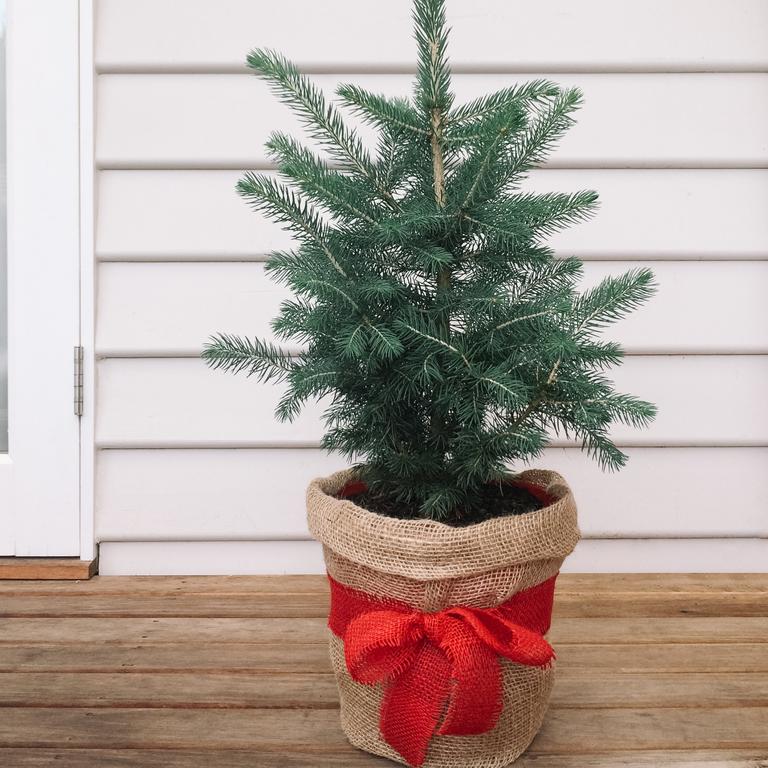
7. Choose a potted Christmas tree
A tree growing in a pot stays fresher for longer than a cut tree. And, if you take care of it, it will be even bigger and better next Christmas.
8. Put Christmas lights on timers
It’s hard to remember to turn off Christmas lights before you go to bed each night. Save power and money by using a timer.
9. Give your time
Your time is valuable. Consider how your family could help a charity in its work at Christmas. Or, there may be someone in your community, such as someone who is ill or elderly, who would love your help tidying the garden or washing windows before Christmas. Just check that’s okay with your parents first and make sure your help is welcome.

10. Unplug appliances
When all the Christmas preparations are done and if you’re leaving home to visit family or have a holiday, turn off and unplug all electrical appliances at the powerpoint. You’ll save a lot of electricity.
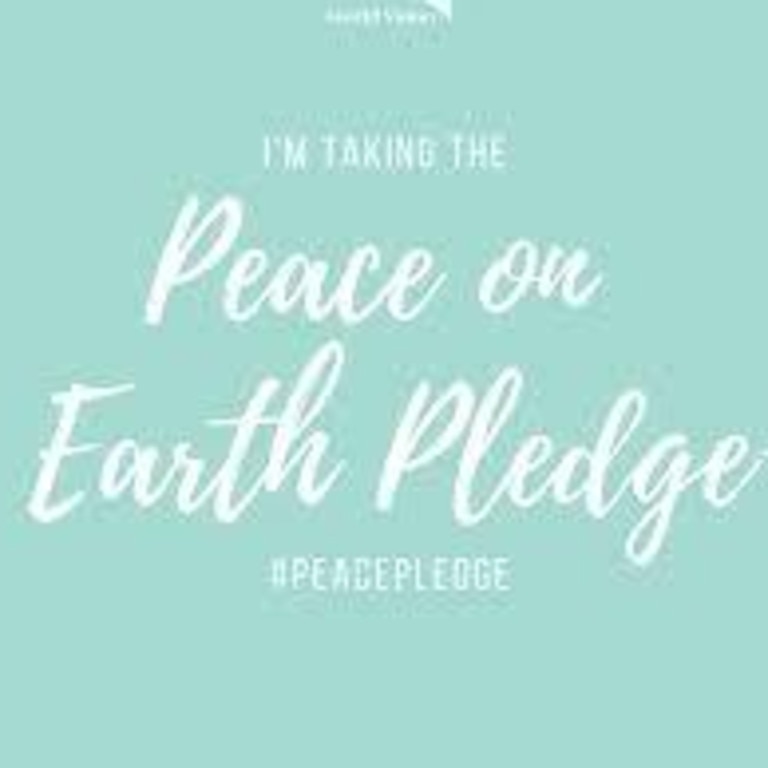
TAKE THE PEACE ON EARTH PLEDGE
Instead of just wishing for world peace this Christmas, imagine being able to contribute to it.
What a gift that would be!
World Vision’s Peace on Earth Pledge* is an online program giving Australians real ways to help reduce conflict around the world, whether it’s by making peace with a friend or family member, or by helping someone in a refugee camp on the other side of the world.
The pledge provides these 10 ways to contribute to peace:
- Pledge 1: Learn more about children displaced* by conflict
- Pledge 2: Tell PM Scott Morrison: “How good’s peace!”
- Pledge 3: Take a stand to end violence against women
- Pledge 4: Call on our leaders to make Australia a top-10 peace builder
- Pledge 5: Help vulnerable children displaced by war
- Pledge 6: Take a stand against racism*
- Pledge 7: Buy a toy for a child affected by conflict
- Pledge 8: Make peace with a long-lost family member or friend
- Pledge 9: Get to know your neighbours
- Pledge 10: Donate to a food bank* for displaced families in Australia.
After you take the Peace on Earth Pledge, World Vision Australia will contact you via email to help support and encourage you to deliver on your pledge.
For example, if you sign up to Pledge 1, World Vision will send you the latest information and needs of children affected and left homeless because of conflict.
GLOSSARY
- landfill: getting rid of rubbish by burying it
- synthetic: an unnatural substance made with chemicals
- edible: able to be eaten
- recipient: one who receives something
- pledge: promise
- displaced: forced to leave home due to war or natural disaster
- racism: treating someone badly because of their race
- food bank: where food is given free to those in need
EXTRA READING
Part 5: Christmas movies you can watch over and over
Part 7: 20 ways to say Merry Christmas
QUICK QUIZ
- Why shouldn’t you use sticky tape?
- Name a type of edible gift.
- What are two alternatives to using wrapping paper?
- Why is using a potted tree more sustainable?
- Who created the Peace on Earth Pledge?
LISTEN TO THIS STORY
CLASSROOM ACTIVITIES
Refer to the accompanying ‘How the world celebrates Christmas’ classroom workbook with 50 activities. It can be purchased for just $5 including GST at
https://kidsnews.myshopify.com/products/christmas
HAVE YOUR SAY: What other tips do you have for making Christmas cleaner and greener?
No one-word answers. Use full sentences to explain your thinking. No comments will show until approved by editors.
